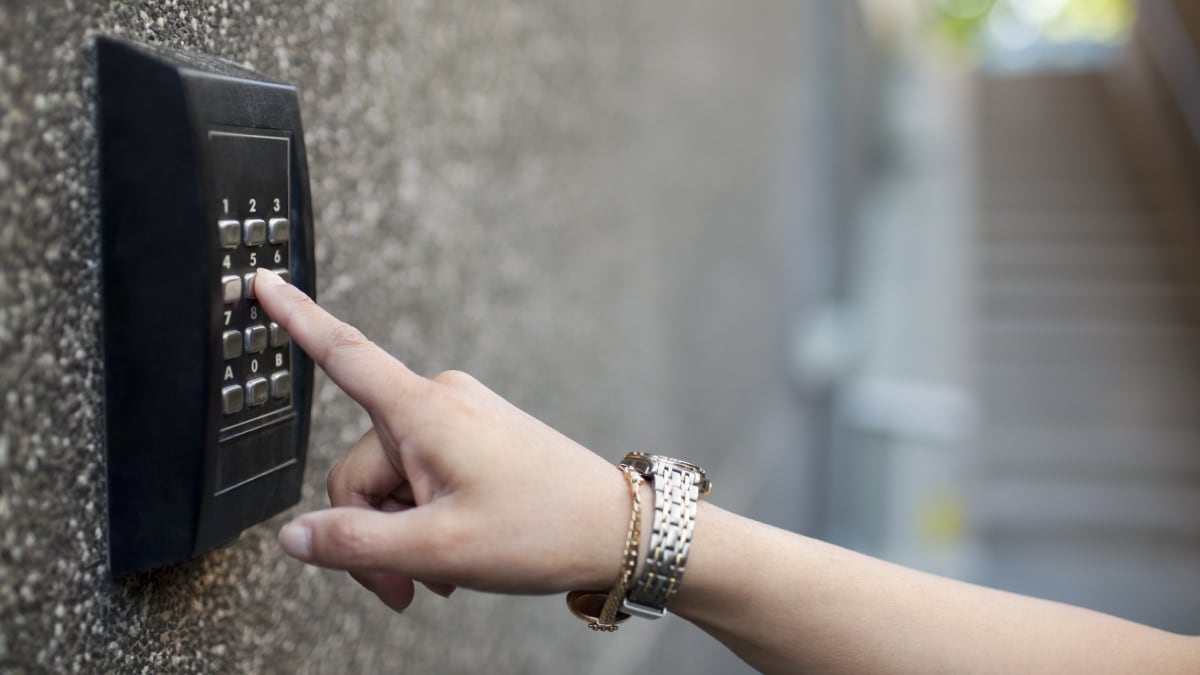The Supreme Court has recently expanded its doctrine on the sealing of safe deposit boxes in the context of tax inspections. It has established that the Tax Agency can take precautionary measures on safe deposit boxes rented from banking entities without requiring judicial authorization. The Contentious-Administrative Chamber of the high court emphasizes that this action does not significantly violate the right to privacy as the deposit is located outside the home.
The court highlights that the General Tax Law allows for safes to be sealed during tax inspections to prevent taxpayers from tampering with their contents. Inspectors must justify the proportionality, suitability, and necessity of the measure, ensuring it is temporary and modifiable to prevent administrative arbitrariness.
The debate surrounding safe deposit box sealing has raised concerns about potential violations of fundamental rights, such as privacy and the inviolability of the home. However, the Supreme Court has rejected these concerns when safe deposit boxes are located in banks. The court clarified that sealing a safe is not equivalent to opening it and that a box rented from a bank does not constitute part of an individual’s home.
While there may be aspects of personal privacy associated with safe deposits, the court considers intervention in a safe to be less invasive than opening it, which would require judicial authorization. Nonetheless, issues related to safe deposit boxes located in homes or devices that store personal information raise different concerns regarding digital privacy rights.
The Supreme Court’s ruling provides clarity on distinguishing between privacy rights in physical spaces and storage devices. It highlights the importance of balancing these concerns with effective tax inspections while respecting individual rights and freedoms. This decision sets a precedent for future cases involving safe deposit box sealing during tax inspections.
Overall, this ruling reflects a careful consideration of competing interests at play here – protecting individual privacy rights while ensuring effective enforcement of tax laws.


